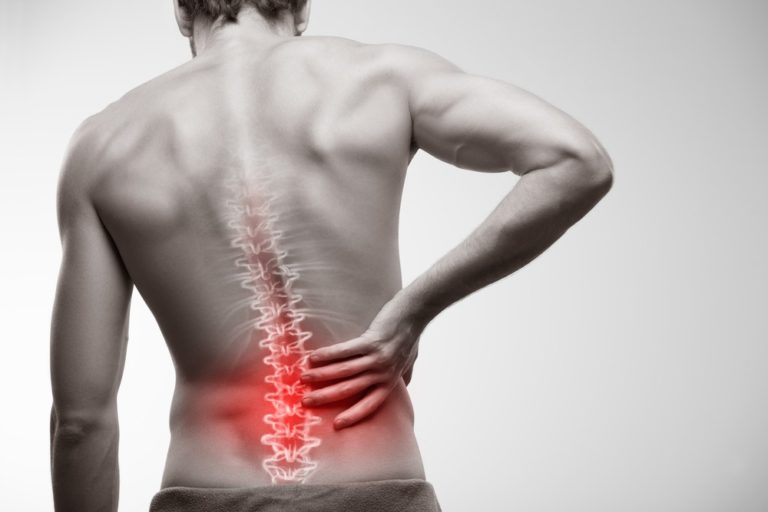Effects of Chronic Pain on Veterans’ Mental Health

CCK Law: Our Vital Role in Veterans Law
What is Chronic Pain?
According to VA, chronic pain is when a person suffers from pain in a particular area of the body (e.g. back or neck) for at least three to six months. Chronic pain lasts beyond the normal amount of time that an injury takes to heal and can come from many things such as normal wear and tear of the body or aging. However, people can also have chronic pain from various types of cancer of other medical conditions. Health care providers generally assess chronic pain during a physical examination, but it is hard to evaluate given that every person is different and therefore experiences pain in different ways. Generally speaking, people with chronic pain have difficulty functioning in daily life as they may have trouble with activities such as walking, standing, sitting, etc. Furthermore, many individuals with chronic pain cannot work due to such physical limitations.
Importantly, it is well-documented that chronic pain is more common in veterans than the non-veteran population, most often in the context of severity and comorbidities (i.e. two or more disorders occurring in the same person). Almost half of the patients within VA healthcare settings experience pain on a regular basis.
Psychological Effects Resulting from Chronic Pain
Numerous studies have documented a strong association between chronic pain and psychopathology. Specifically, chronic musculoskeletal pain, such as low back pain, often appears in the presence of psychiatric comorbidities, including depression, anxiety, somatoform, and substance use disorders, especially among United States military servicemembers and veterans. Here, psychiatric disorder prevalence has been found to be similar between both active duty and reserve military personnel. Veterans with chronic pain are likely to develop more than one psychiatric comorbidity.
Studies of U.S. military service members and veterans with chronic pain have found rates of depression disorders ranging from 10 to 46 percent. Research also shows that there is a unique relationship between chronic pain and post-traumatic stress disorder (PTSD). In the same studies, approximately 66 percent of veterans receiving treatment for PTSD also had chronic pain diagnoses. One study in particular found that 51 percent of veteran patients with chronic low back pain had PTSD symptoms. It is important to note that some people’s chronic pain stems from a traumatic event, such as a physical or sexual assault or motor vehicle accident. In these cases, the chronic pain itself may actually serve as a reminder of the traumatic event, which will often make a veteran’s PTSD symptomatology even worse.
Other examples of common psychiatric impairments resulting from chronic pain within the veteran population include the following:
- Insomnia or lack of sleep
- Suicidal ideation
- Memory and/or cognitive issues
- Anger/irritability
- Isolation/social withdrawal
- Problems maintaining relationships
Effective Psychological Interventions That Target Chronic Pain
Since there is such a high prevalence of veterans suffering from chronic pain and co-occurring mental health issues, it is necessary to find the right treatment approach to address both conditions. Therefore, integrated care, or systematic coordination of medical, psychological, and social aspects of healthcare, is required. Cognitive behavioral therapy (CBT) is often used as a treatment modality that simultaneously deals with an individual’s physical and mental health issues. This type of CBT has been effective within the veteran population and typically involves the following:
- Psychoeducation about how psychological and social factors can affect pain
- Relaxation training to ease muscle tension and autonomic arousal
- Sleep hygiene and stimulus control education to help with insomnia
- Activity pacing to increase pleasant activities without increasing pain
- Cognitive restructuring of negative thoughts and beliefs about the pain
About the Author
Share this Post
